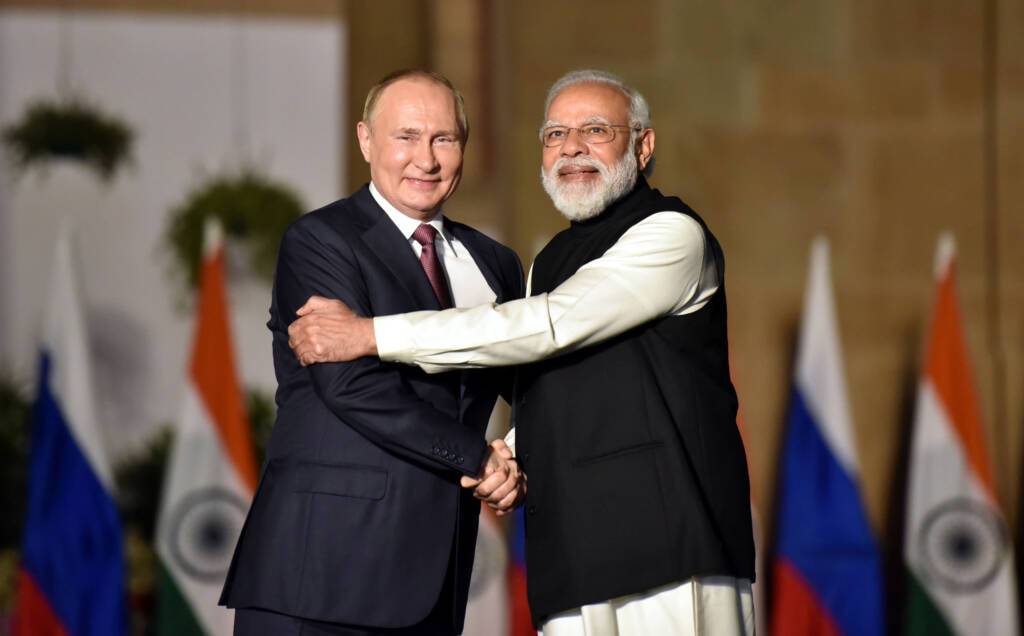Marine insurance approval is the process where an insurance company assesses and validates the coverage of maritime vessels and cargoes against potential risks at sea. This approval is crucial as it ensures financial protection for shipowners and cargo handlers from losses due to perils such as storms, collisions, theft, or other maritime accidents. The importance of marine insurance lies in its ability to provide a safety net that facilitates international trade, encourages investment in maritime ventures, and sustains the global economy. Without marine insurance, the financial risks associated with sea transport would be too great, hindering trade and economic growth.
Marine insurance approval for Russia faced significant upheaval when the West imposed sanctions in 2022. These sanctions targeted Russian shipping, complicating the insurance process for vessels and cargoes. Western insurers, critical players in global marine insurance, either withdrew coverage or imposed stringent restrictions on Russian maritime activities. This disruption threatened Russia’s ability to export vital goods, including oil and gas, exacerbating economic pressures.
India has granted marine insurance approval to four Russian firms, significantly aiding Moscow’s strategy to circumvent Western service providers. VSK Insurance, Sogaz Insurance Co., and Alfastrakhovanie PCL received approval to offer marine insurance until February 20, 2025, while Ingrosstrakh Insurance Company’s validity was extended through March 2029, as per the Directorate General of Shipping website. Insurance coverage from all four providers is backed by the state-run Russian National Reinsurance Co., according to informed sources who requested anonymity.
Russia’s reliance on Western insurers for covering its tanker fleet exporting oil to India has been challenged by the $60-a-barrel price cap imposed by the Group of Seven nations and the European Union. This price cap, applicable to crude shipments using Western services, has given these nations significant leverage over Russian oil flows. By using its own insurance services, Russia aims to reduce its dependence on Western entities and simplify compliance for Indian buyers.
In March, less than a quarter of Russian shipments to all destinations were insured by members of the London-based International Group of P&I Clubs, according to Bloomberg shipping data. The twelve P&I Clubs in this group provide marine liability coverage for approximately 90% of the world’s ocean-going cargoes, highlighting the substantial influence Western insurers hold over global shipping.
Moscow has been India’s top crude oil supplier, with India’s oil imports from Russia reaching around 1.72 million barrels a day in April, the highest since July, according to ship-tracking data compiled by Bloomberg. The approval of Russian marine insurers by India not only strengthens Moscow’s position in the global oil market but also mitigates the impact of Western sanctions.
This strategic move enables Russia to continue its oil exports to India without the constraints imposed by Western insurance requirements. By establishing a reliable insurance framework independent of Western entities, Russia effectively resolves the challenges posed by the sanctions, ensuring uninterrupted oil flow to one of its key markets. This development underscores the importance of diversifying service providers in maintaining robust international trade amidst geopolitical tensions.
India’s approval of marine insurance for Russian firms signifies its solidarity with Russia and sends a strong message to the US. This move underscores India’s resistance to external interference, particularly in its domestic affairs. The US’s attempts to undermine Prime Minister Modi through critical commentary by top officials, along with slanderous articles and TV coverage in Western media, have not gone unnoticed. Additionally, efforts to create the SQUAD (US, Philippines, Japan, and Australia) at the expense of the QUAD, of which India is a founding member, are seen as undermining India’s strategic interests. By supporting Russia, India reaffirms its sovereignty and strategic autonomy, signaling that it will not be swayed by external pressures or allow its geopolitical role to be diminished.
